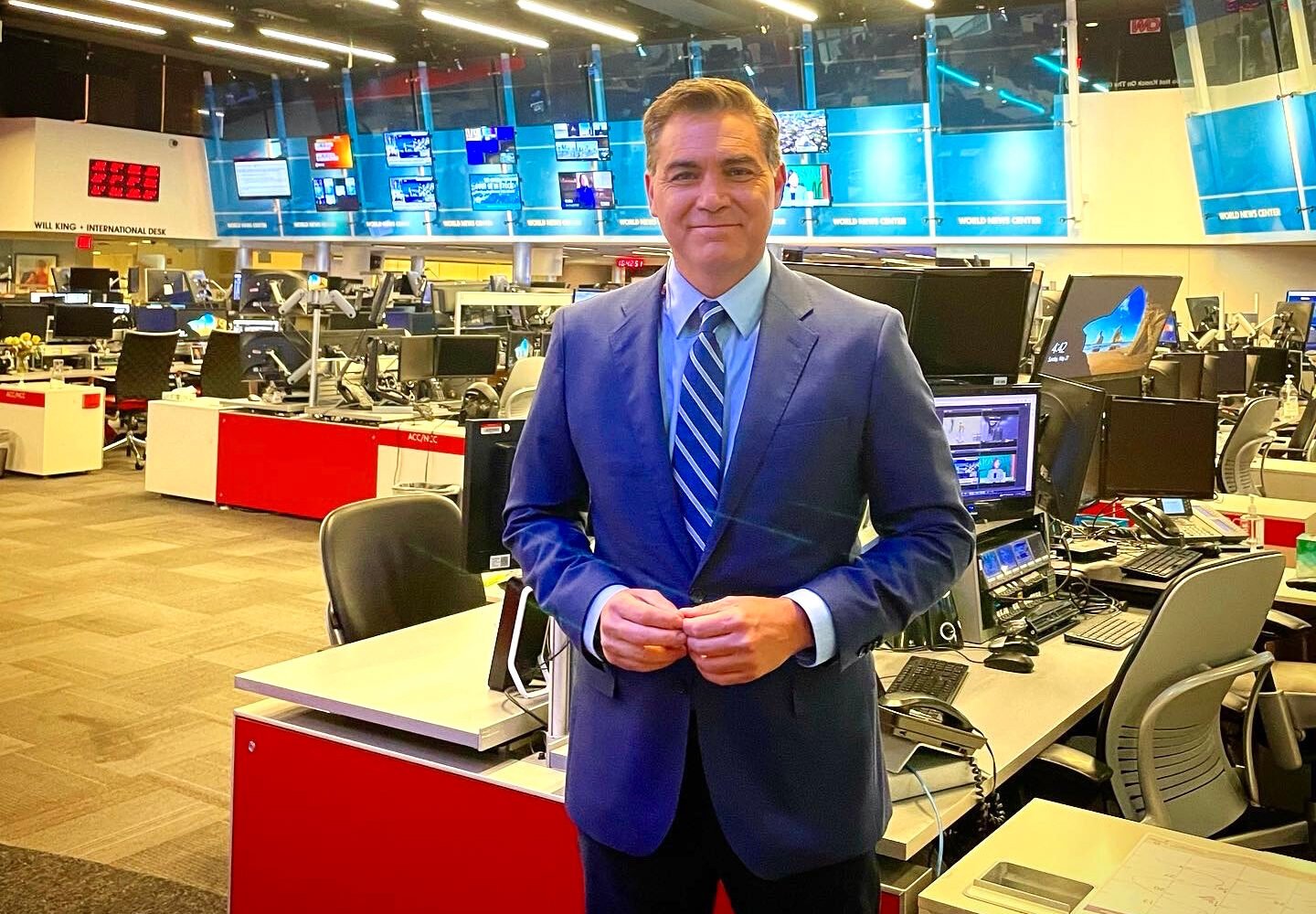Contents
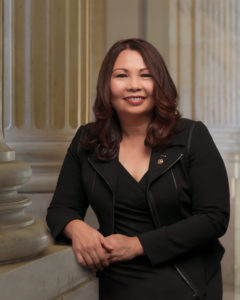
Tammy Duckworth | US senator from Illinois
The 9/11 connection: In 2004, Duckworth deployed to Iraq and lost both legs when insurgents shot down her Blackhawk. A post-military career as a veterans’ advocate led to her run for an Illinois House seat and then the Senate seat formerly held by Barack Obama.
The upshot: Duckworth became the first sitting senator to give birth while in office, and when she wheeled her ten-day-old daughter onto the Senate floor so she could cast a vote—following a rule rewrite enabling her to do so—she helped change Senate protocol forever.
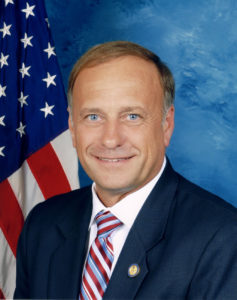
Steve King | Former congressman from Iowa
The 9/11 connection: King was a state legislator who had sponsored an “English only” bill. Immediately after the attacks, he reportedly wrote to newspaper editors, “Preferential treatment and the obsession with the elevation of every third world culture to the status of our American Civilization are silenced for now and hopefully forever.” A year later, in a shaken country newly open to his views, he rode the 2002 Republican wave to the House.
The upshot: King’s decades of blatantly racist rhetoric went mostly unchallenged by fellow Republicans (he held his seat until 2020), priming the party’s far-right flank for the rise of Donald Trump.
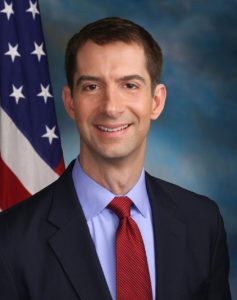
Tom Cotton | US senator from Arkansas
The 9/11 connection: In 2006, while an Army lieutenant in Iraq, Cotton wrote an open letter to the New York Times accusing it of endangering lives and committing treason by disclosing details of an antiterrorist data-gathering program. The conservative blog Power Line published the letter, and it was reportedly circulated at the Pentagon, burnishing Cotton’s conservative credentials for a congressional run. His combat tours became a foundational narrative of that first campaign.
The upshot: Cotton has called slavery “a necessary evil” and argued in the Times that troops should be sent in to quell protests of police violence against African Americans. His loyalty to Trump earned him consideration for Ruth Bader Ginsburg’s Supreme Court seat. Now he’s among the Trumpies who may mount a White House run in 2024.
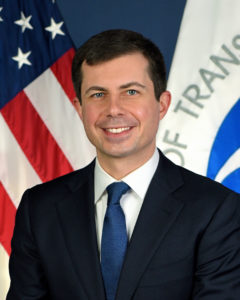
Pete Buttigieg | Secretary of Transportation
The 9/11 connection: Buttigieg was a junior at Harvard when the Iraq War broke out, and one of his first notable speeches was at an antiwar rally in the Yard. He joined the Navy Reserve in 2009 and deployed to Afghanistan in 2014. Without the word “veteran” on his résumé, it’s hard to imagine that Buttigieg—a 38-year-old small-town mayor and the first openly gay candidate to win a presidential primary—would have been taken seriously in the 2020 race.
The upshot: Mayor Pete won over a surprising number of national Dems, enough to secure cabinet-secretary standing in Washington. While an infrastructure package for the country has been in limbo, liberal DC is loving the attention the city is getting from Secretary Pete, the new administration’s most out-and-about member.
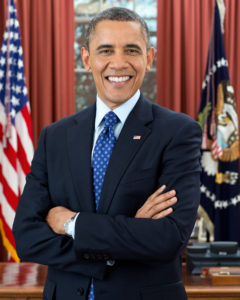
Barack Obama | 44th President
The 9/11 connection: As an Illinois state lawmaker in 2003, Obama decried the US Senate’s vote to authorize the Iraq War. That positioning paved the way for him to run as the antiwar presidential candidate in 2008—a time when more than 80 percent of Democrats opposed the war—and put Hillary Clinton on the defensive about her vote to authorize.
The upshot: For America, the inauguration of a Black president. For DC, significant revitalization and gentrification at least partly wrought by an it-factor imbued by the Obamas and an influx of new residents. Ironically, as president, Obama became the new face of the ongoing, intractable wars on terrorism.
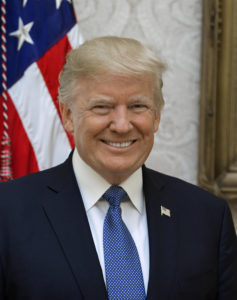
Donald Trump | 45th President
The 9/11 connection: Trump’s immediate response to the attacks appears to have been claiming (falsely) that, with the fall of the Twin Towers, he now owned Manhattan’s tallest building. Years later, in a GOP primary debate, Trump called the Iraq War a “big fat mistake” and accused the Bush administration of lying about WMDs. You can draw a line from the discrediting of the GOP establishment for its handling of the post-9/11 period to the ascension of Barack Obama to the rise of the right-wing populists and nationalists who enabled the rise of Trump over establishment types like Jeb Bush, once viewed as the Republican front-runner in 2016.
The upshot: The Trump presidency, which did, at last, and against the advice of many military aides and congressional allies, abruptly reduce troop levels in Iraq and Afghanistan in November 2020.
This article appears in the September 2021 issue of Washingtonian.





